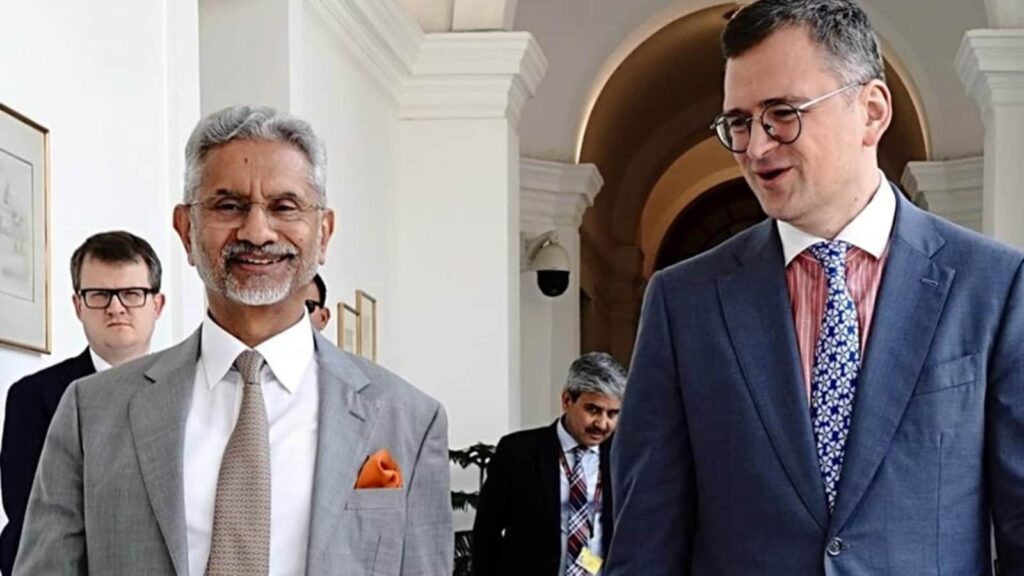Ukrainian foreign minister Dmytro Kuleba’s discussions with external affairs minister S Jaishankar and deputy national security adviser Vikram Misri during his first visit to India focused on reviving bilateral relations and, more significantly, seeking New Delhi’s support for a planned peace summit to be hosted by Switzerland. Ukraine, which was earlier critical of India’s stance on the invasion by Russia, has apparently softened its position. Kyiv also realises the importance of engaging with New Delhi given its stature in the Global South in order to ensure the success of the peace summit at a time when the Russia-Ukraine war appears to be stalemated amid growing fatigue in Europe. While the leadership of European States still speaks publicly about standing by Ukraine, key economies such as Germany are in trouble. There are growing concerns in Europe about what a possible Donald Trump presidency could mean for US support for Ukraine. All of this underscores the urgency to secure the support of the Global South – which has largely seen the Ukraine conflict as a war of rich nations and refused to take a position on it – for the peace summit. It is in this context that Kuleba has spoken of the possibility of India becoming the first major non-western power to support Ukrainian President Volodymyr Zelenskyy’s peace formula.
The Global South’s stance may inadvertently have strengthened Russia’s hand. Russia has been more understanding of India’s predicament and calibrated the bilateral relationship to one of equals, unlike the West, which seeks to impose its viewpoints on non-western capitals. Ukraine understands this and realises it needs others to push its case in any negotiations with Russian President Vladimir Putin. Ukraine will want both China and India to be involved in peace overtures to ensure that Russia will engage. With the West also shifting its focus to the Israel-Hamas conflict, the peace summit offers a slim window of opportunity for possible forward movement.
India has been non-committal about the peace summit though it has sent officials to four preparatory meetings. Prime Minister Narendra Modi, who has in the past emphatically spoken against using war to resolve disputes, was one of the first heads of State to congratulate President Putin on his re-election while Jaishankar has said Russia is a trusted old-time ally that India will stick with. Clearly, India will have to continue walking a very delicate line in these efforts to find a negotiated settlement to the Ukraine war.

